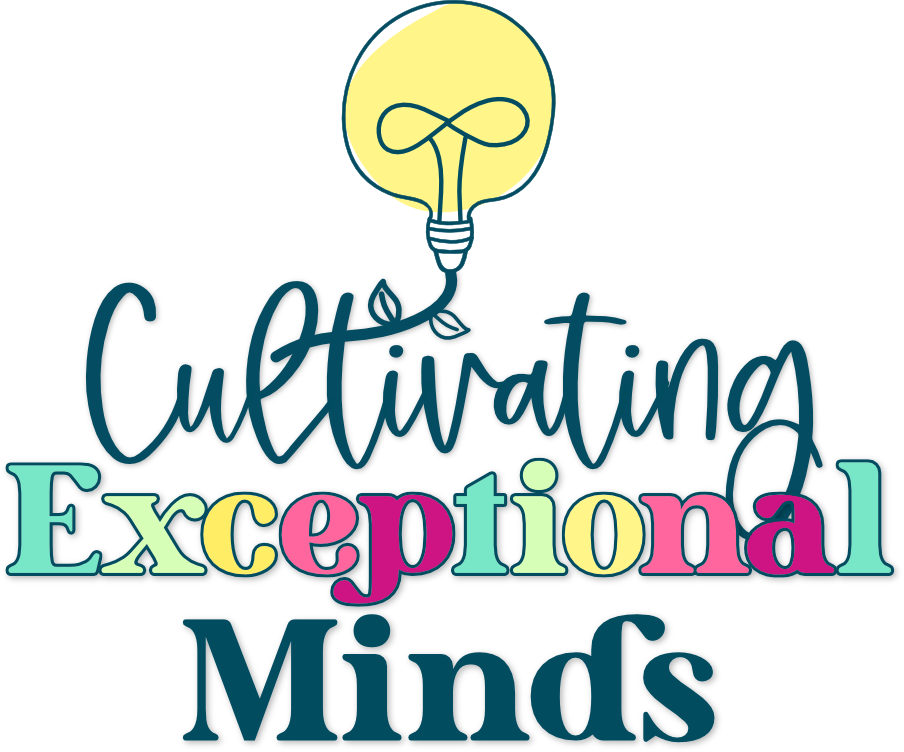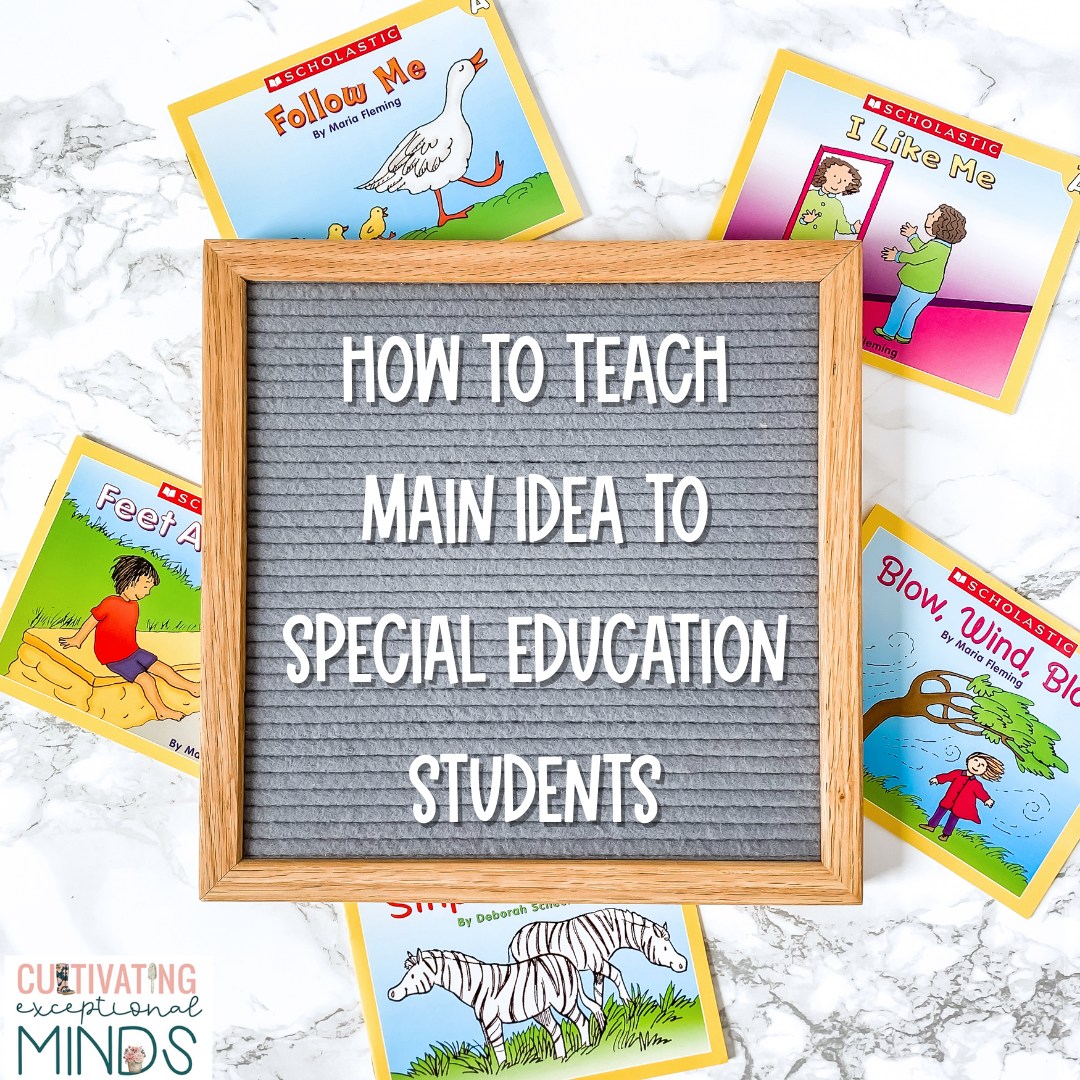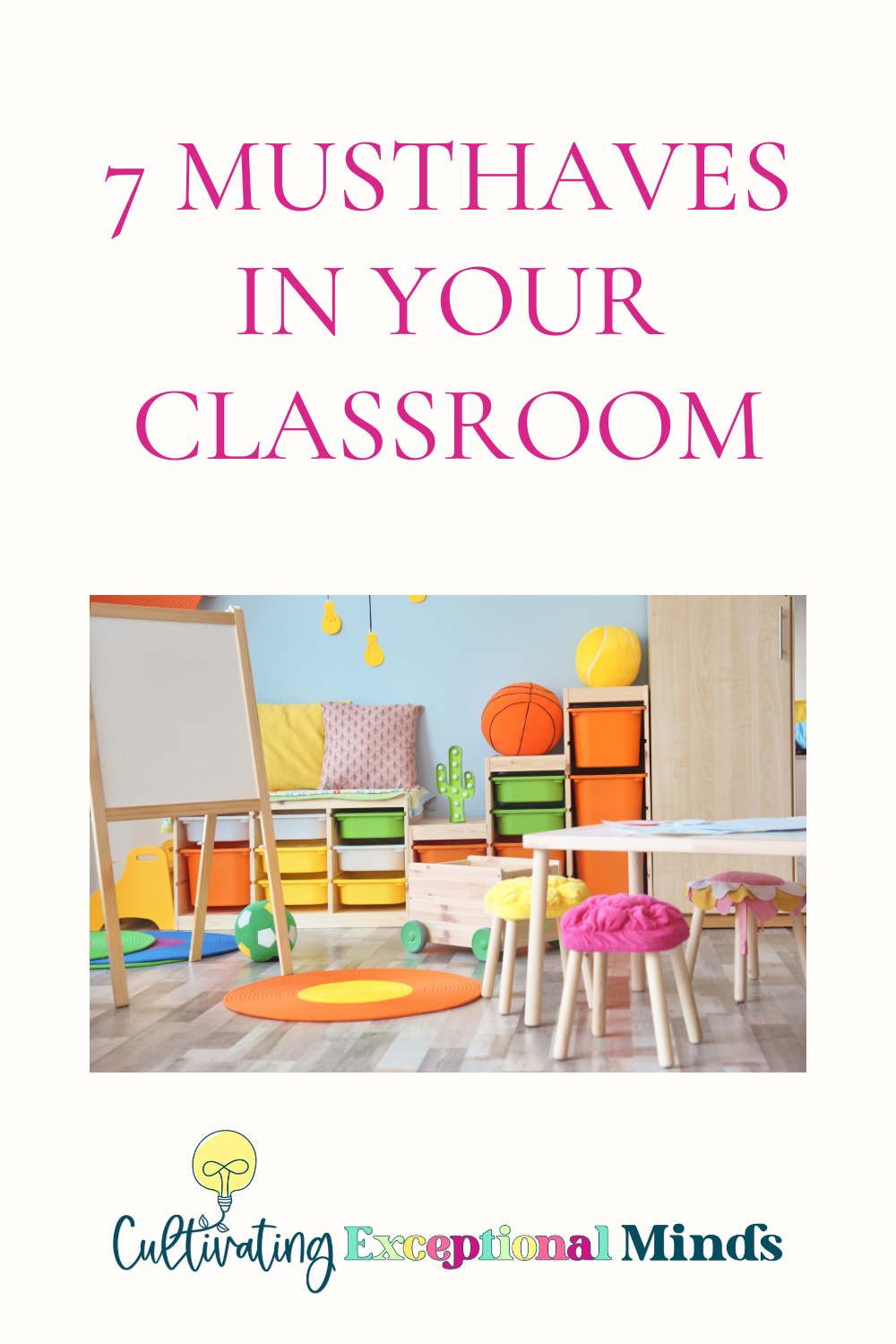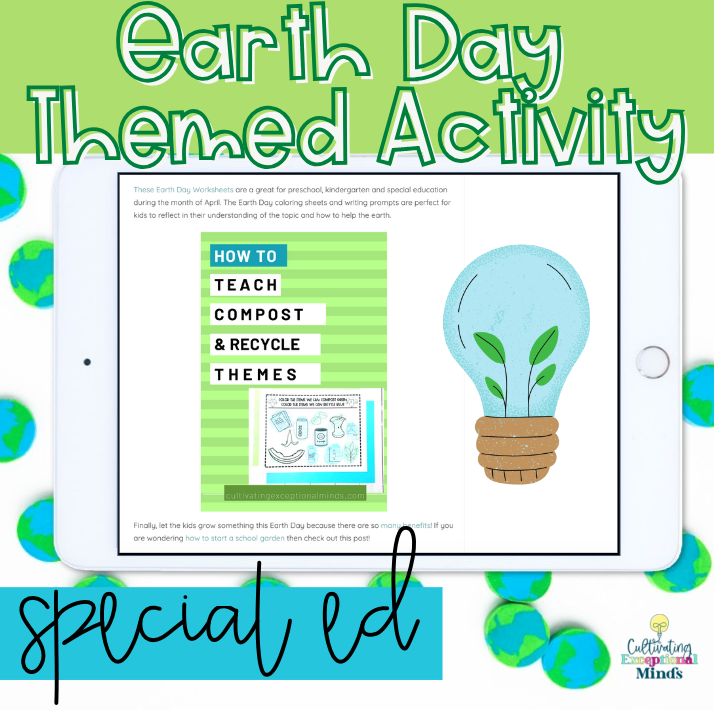Your students have mastered identifying characters and telling you the setting of a story and now you need to teach them how to determine the main idea. With so many varied reading levels and skill levels in your room, this must seem like a Herculean task. I mean characters and setting can easily be found in the text. Not always true about main idea. So, how do you make the concept of main idea accessible to all students? Here are three strategies I use in my classroom when I plan how to teach main idea to special education students.

Though determining the main idea when reading can be an abstract concept, I find it is always best to begin with concrete and straightforward examples so that my students can find the most success. From here, I slowly build up to more complex texts and more abstract main ideas. I have outlined the progression for you so that you can utilize it in your classroom as well!
Main Idea Task Cards
When deciding how to teach main idea to special education students, the first thing to consider is reading level. You might have students that are budding communicators and don’t have reading skills yet. Or you may have students that are close to grade level. That is why I like to start by using some main idea task cards.

Using task cards allows me to get some baseline information about my students’ abilities to identify main idea. I begin each student with task cards that use visuals (like the one pictured above from my Finding the Main Idea resource). Some students will be able to quickly pick out the main idea from the images while other students might need to stay with visuals for awhile to grasp the concept of main idea. For those students who are able to identify main idea using visuals, I then present task cards with 2-3 sentence scenarios. This process continues until students reach a point where they need direct instruction to move forward.

Whether students stay at the visual level or move on to more complex texts, I find that task cards are a great way to start the process of teaching main idea to special education students. Since students can easily point to their answer, passages and directions can be read to them, and visuals can be easily used, it makes the concept truly accessible.
How to Teach main idea to special education students using simple passages

Once I have established a baseline for my students, we continue using the task cards as practice, but I also introduce more simple passages. Much like the task cards, I present short stories that are about 2-4 sentences long and provide 3 answers for my students to choose from to identify the main idea. The go-to packet I use in my classroom are these Main Idea Using Simple Passages worksheets.
These types of main idea worksheets are great for modeling the process. I can work in small groups using a simple passage that suits their needs, read through it, show my thinking and how I chose the correct answer. I can then have them practice with me using the same type of worksheet to determine if more instruction is needed or if they are ready to move to more complex main idea activities.
Using worksheets to teach main idea and supporting details
The next step in the process is to help students not only identify the main idea but the supporting details from the text that support their answer. This gets a little more complex, so I like to use a variety of different worksheets to help facilitate this practice.
For some students, it will be helpful for them to start with very short passages like I described above that have 1 supporting detail to identify. With worksheets, you can set up the answer section to either have them choose the detail from a list, circle the detail in the text, or write down the detail if they are able.
For other students, they might be ready for longer passages. I always begin by just having them identify the main idea of longer passages and then add in finding the supporting details. Again, there are a variety of ways you can differentiate how they answer the questions.

I know making individualized worksheets with a variety of different passages and answering modalities can be very time consuming. I’ve put together 40+ of my favorite main idea and supporting details worksheets into a Main Idea Basic Reading Skills resource to help make this last step of teaching main idea a little easier!
Bonus Strategy: Using Videos to teach main idea
When it comes to teaching our students, we often have to think outside the box in order to help them meet standards. That is why I also use video to teach main idea in my classroom versus always using written passages.
If you have a student who loves watching videos, this is a great place to start when working on identifying the main idea. Half of the battle of teaching a concept is getting the student engaged. So, choose videos that interest the student and also have a story line. After the video, ask them to identify the main idea. You can either do this verbally, by having them point to a choice or through writing.

Videos are also a great way to help students who may not yet have reading skills but have strong receptive listening skills. They are able to listen and understand but might have trouble reading or expressing themselves verbally. Again, you can have the student watch the video and then decide how you want them to identify the main idea.
Video can be a great access point for teaching many reading concepts and it happens to work perfectly for main idea! That’s why I’ve made sure to include some video activities in my Main Idea Basic Reading Skills resource.

Want resources to help you teach main idea to special education students?
Don’t feel like you need to reinvent the wheel to teach main idea and supporting details to your students! I’ve put together my three best main idea resources into one comprehensive Main Idea and Supporting Details Bundle that will give you everything you need to help your students be successful!

What ways will you tackle teaching main idea? Let me know in the comments!
Don’t Forget to Pin This Article for Later!











